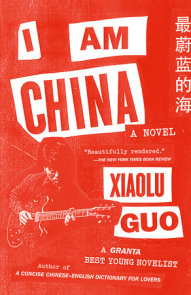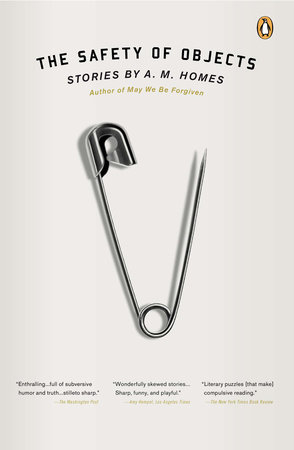

A Concise Chinese-English Dictionary for Lovers
By Xiaolu Guo
By Xiaolu Guo
By Xiaolu Guo
By Xiaolu Guo
Category: Literary Fiction | Contemporary Romance
Category: Literary Fiction | Contemporary Romance

-
$15.95
Jun 10, 2008 | ISBN 9780307278401
-
Jun 10, 2008 | ISBN 9780307455635
YOU MAY ALSO LIKE
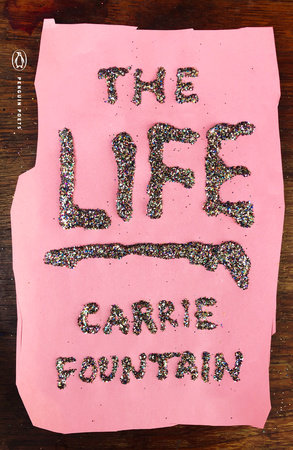
The Life
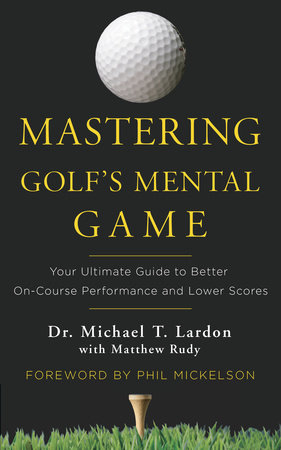
Mastering Golf’s Mental Game
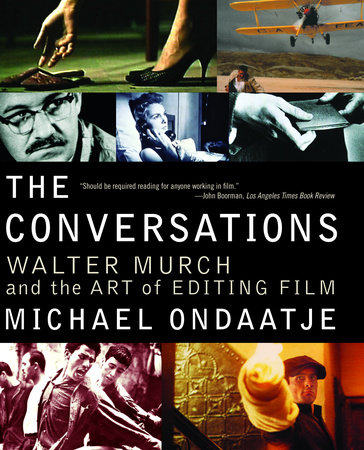
The Conversations
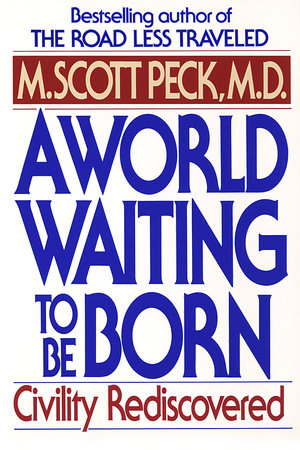
A World Waiting to Be Born
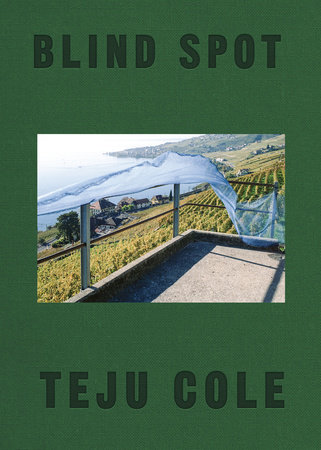
Blind Spot
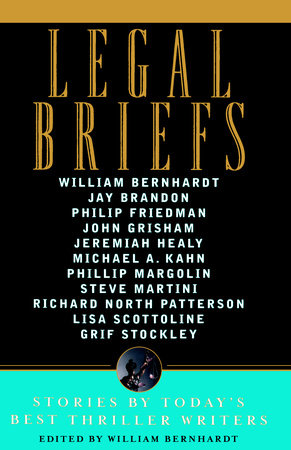
Legal Briefs
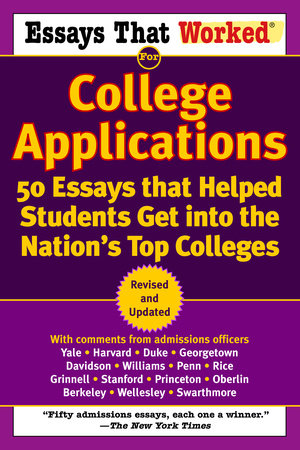
Essays that Worked for College Applications
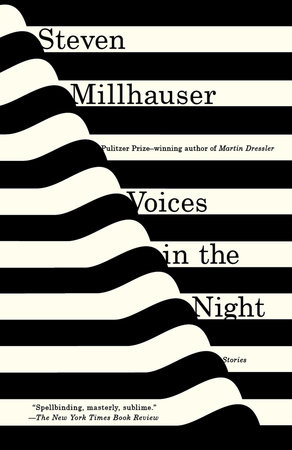
Voices in the Night
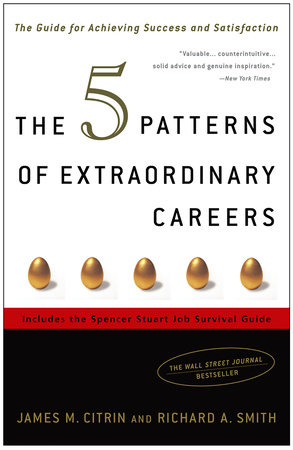
The 5 Patterns of Extraordinary Careers
Praise
“Funny, childlike and wise all at once.”
—Los Angeles Times
“What makes this novel winsome is hearing the authentic voice of a young woman — bewildered, self-deprecating, funny, wise — as she navigates the world on her own.”
—USA Today
“Endearing. . . . Concise takes us into a new territory, all the more exciting for its virginity.”
—Chicago Sun-Times
“A fast, breezy read, don’t be so easily entertained as to miss the many nuances-beyond the most obvious definitions are deeper, more satisfying meanings.”
—San Francisco Chronicle
21 Books You’ve Been Meaning to Read
Just for joining you’ll get personalized recommendations on your dashboard daily and features only for members.
Find Out More Join Now Sign In









